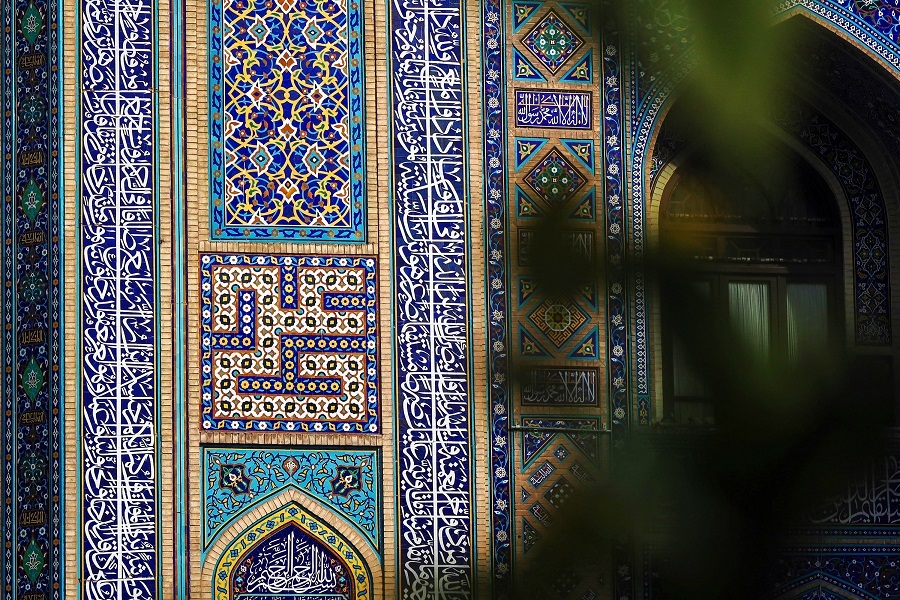Pearls of Wisdom: Imam Ali’s Timeless Moral Teachings

As the Muslim world celebrates his birth anniversary, Iranian seminary scholar Hojat-ol-Islam Mohammad Jafar Saeidianfar reflects on a few of these timeless lessons.
1. The value of peaceful coexistence
Imam Ali (AS) said:
> “Peacefulness conceals flaws.”
(Nahj al-Balagha, commentary by Ayatollah Montazeri, vol. 15, p. 58, Wisdom 6)
2. Consult before deciding, think before acting
Imam Ali (AS) said:
“Consult before making decisions, and think before taking action.”
(Sharh Ghurar al-Hikam, vol. 4, Hadith 5754, p. 179)
Read More:
3. Self-absorption and listening
Imam Ali (AS) said:
“The one who loves their own speech more than listening to yours cannot understand you. The one whose desires overpower their reason will not heed your advice. And the one who believes they know better than you will not accept your counsel.”
(Sharh Nahj al-Balagha, by Ibn Abi al-Hadid, vol. 20, p. 337)
4. Fairness in praise and criticism
Imam Ali (AS) said:
“Rarely does the tongue speak fairly when spreading criticism or praise.”
(Al-Kafi, vol. 15, p. 72)
5. Gratitude and respect
Imam Ali (AS) said:
“The worst of people is one who shows no gratitude for blessings and no respect for others.”
(Sharh Ghurar al-Hikam, vol. 4, p. 170)
6. Accepting apologies
Imam Ali (AS) said:
“The worst of people is one who does not accept apologies and does not forgive mistakes.”
(Sharh Ghurar al-Hikam, vol. 4, p. 165)
Read More:
7. On security and prosperity
Imam Ali (AS) said:
“The worst city is one without security or abundance.”
(Sharh Ghurar al-Hikam, vol. 4, p. 165)
8. Just governance
Imam Ali (AS) said:
“The worst ruler is one whom the innocent fear.”
(Sharh Ghurar al-Hikam, vol. 4, p. 166)
4259923



